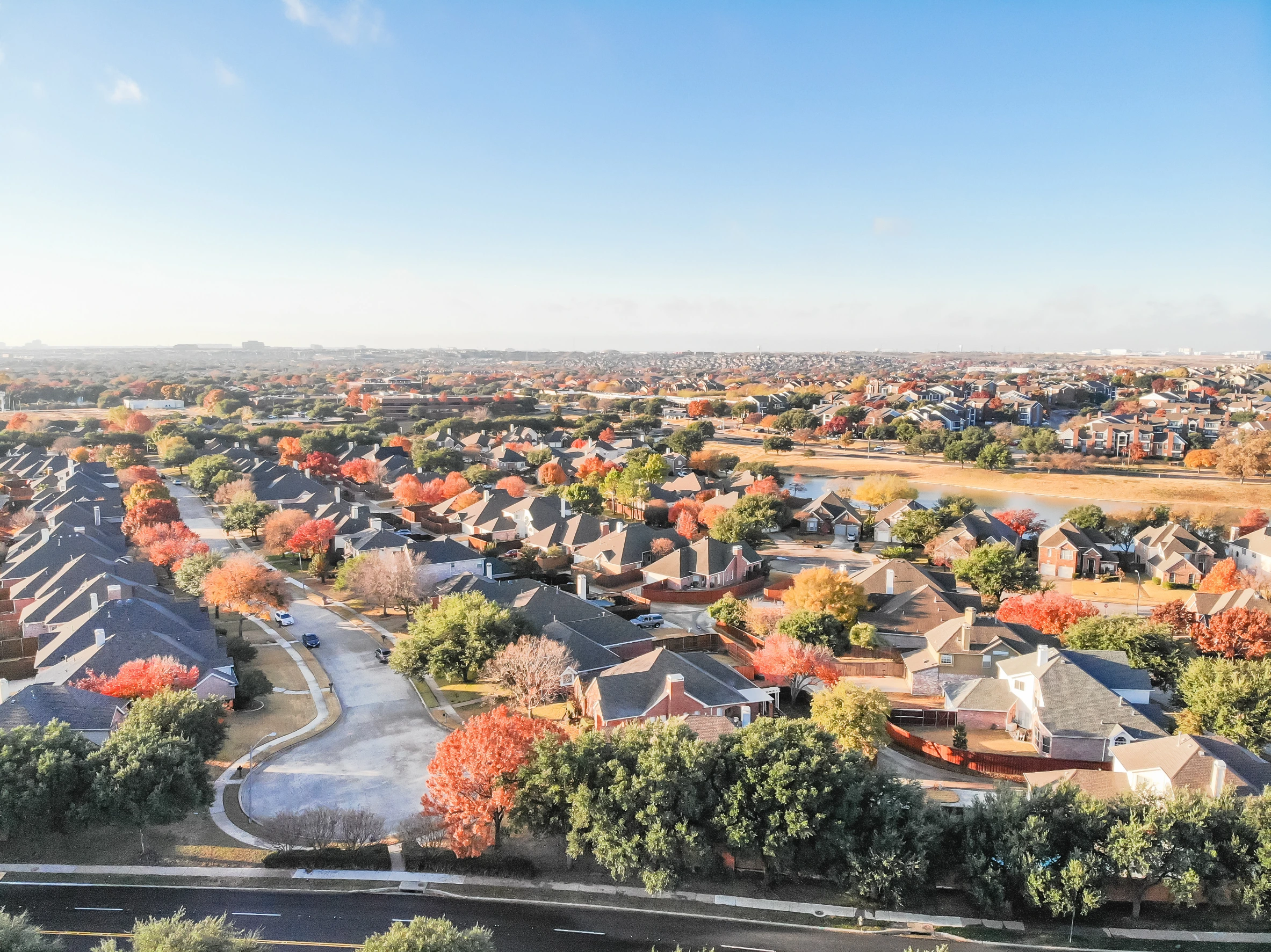
Image Source: pexels.com
We’ve all heard the platitude that “money isn’t everything.” While this sentiment aims to remind us about life’s non-material joys, it can become a dangerous myth when taken too literally—financial security forms the foundation for many aspects of wellbeing, from health to relationships to personal freedom. When we dismiss money’s importance, we risk making decisions that undermine our long-term stability and happiness. Understanding when this common saying becomes harmful is crucial for anyone seeking true financial peace of mind.
1. The False Comfort of Financial Minimization
The “money isn’t everything” mindset often becomes a coping mechanism when finances feel overwhelming. Rather than confronting money challenges head-on, we might downplay their importance. This psychological defense can temporarily ease anxiety but creates long-term problems.
Research from the American Psychological Association shows that financial stress impacts both mental and physical health, with 78% of Americans reporting money as a significant source of stress. Dismissing these concerns doesn’t eliminate them—it merely pushes them underground where they continue affecting our wellbeing.
Minimizing money’s role makes us less likely to develop crucial financial literacy skills. Instead of learning budgeting, investing, or debt management, we might avoid these topics altogether, creating a dangerous knowledge gap that compounds over time.
2. The Reality Check: What Money Actually Provides
Money itself may not guarantee happiness, but it provides essential foundations for happiness. Financial security creates the conditions for well-being in several critical ways.
First, adequate financial resources ensure basic needs are met—housing, food, healthcare, and education. Without these fundamentals, pursuing higher-level fulfillment becomes nearly impossible. Second, financial stability reduces chronic stress, which research consistently links to numerous health problems, including heart disease, depression, and weakened immunity.
Perhaps most importantly, money provides choice and autonomy—the freedom to make decisions based on values rather than necessity. This includes career choices, living location, relationship decisions, and the ability to help others through philanthropy.
3. When Sacrifice Becomes Self-Sabotage
There’s nobility in making financial sacrifices for meaningful purposes—whether for family, passion projects, or ethical principles. However, the “money isn’t everything” narrative can normalize excessive sacrifice that becomes self-sabotage.
Consider the creative professional who consistently undercharges for their work, believing passion should outweigh payment. Or the caregiver who neglects retirement planning while supporting family members. These scenarios often lead to burnout, resentment, and long-term financial instability.
According to a study from the Employee Benefit Research Institute, nearly 40% of Americans worry they’ll outlive their savings. Many reached this precarious position through years of financial self-sacrifice justified by the belief that prioritizing money was somehow shallow or selfish.
4. The Privilege Behind the Platitude
The “money isn’t everything” message often comes from positions of privilege. Those with financial security can more easily focus on non-material values precisely because their material needs are already met.
When someone with substantial resources dismisses money’s importance, they speak from a fundamentally different reality than someone struggling with financial insecurity. This disconnect can create harmful expectations about what constitutes reasonable financial priorities.
Financial security allows one to focus on higher-order needs like self-actualization, creative expression, and deep relationships. Without acknowledging this foundation, the platitude becomes a way of dismissing legitimate financial concerns rather than putting them in proper perspective.
5. Reframing the Relationship with Money
Rather than dismissing money’s importance, a healthier approach involves recognizing it as a tool that supports our broader life goals. Financial security isn’t the enemy of meaningful living—it’s often a prerequisite.
Developing financial literacy isn’t materialistic; it’s practical self-care. Learning to budget, invest, and plan for the future represents taking responsibility for your well-being. These skills create the stability that allows you to pursue what truly matters.
The goal isn’t wealth accumulation for its own sake but rather creating sufficient financial security to support your authentic priorities. This might mean different things for different people—from funding creative pursuits to supporting family to enabling community contribution.
The Freedom That Comes from Financial Honesty
The most liberating approach to money isn’t pretending it doesn’t matter—it’s acknowledging its proper place in a well-lived life. Financial security provides the foundation for building meaningful experiences, relationships, and contributions.
When we’re honest about money’s role, we can make intentional choices that align with our values. We can distinguish between harmful materialism and healthy financial planning. We can recognize that caring about financial security isn’t shallow—it’s a form of self-respect and responsibility toward our future selves.
The next time you hear “money isn’t everything,” consider what this platitude might be obscuring. True financial wisdom lies not in dismissing money’s importance but in understanding its proper role as a tool for creating the life you genuinely want.
Have you ever found yourself using the “money isn’t everything” mindset as a way to avoid dealing with financial challenges? What shifted your perspective?
Read More
Your Friend Makes More Money Than You? Now What? Dealing with Financial Jealousy
Could Wealth Inequality Destroy Democracy? The Warning Signs Are Already Here

Travis Campbell is a digital marketer/developer with over 10 years of experience and a writer for over 6 years. He holds a degree in E-commerce and likes to share life advice he’s learned over the years. Travis loves spending time on the golf course or at the gym when he’s not working.













































